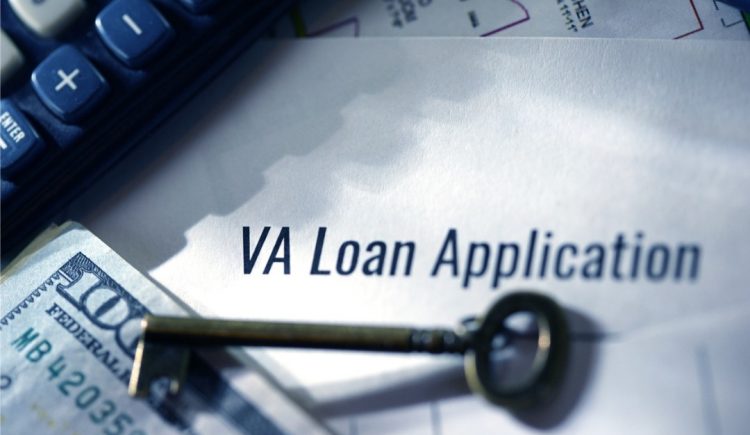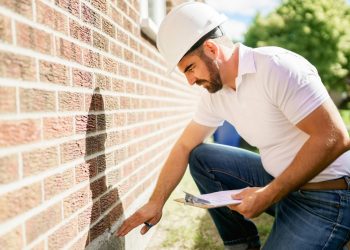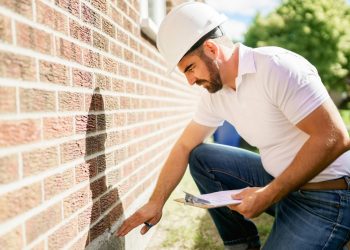As a veteran or service member ready to invest in a new home, assessing your financing options is the first step. To help veterans achieve their home ownership goals, the Department of Veterans Affairs (VA) guarantees home loans for veterans, service members, and qualifying family members. VA loans are mainly similar to conventional mortgage loans; however, there are some differences. If you’re a veteran planning for an upcoming home purchase, read on for insight on VA loans.
What is a VA loan?
The VA provides a home loan guarantee to help qualified individuals become homeowners. Banks and mortgage companies offer the VA home loan, but the VA guarantees part of the loan.
This guarantee allows the lender to provide the borrower with more ideal terms. VA loans are known for having low-interest rates, reduced closing costs, and no private mortgage insurance (PMI). Some VA loans don’t require a down payment — while the lender may require a down payment for those who use a VA loan, the VA does not. Veterans and service members can also use a VA loan multiple times, which helps keep home ownership goals within reach.
Who qualifies for a VA loan?
Veterans, active service members, and qualifying family members can receive VA loans. To qualify, you must show the lender a Certificate of Eligibility (COE) based on your service history. You can request a COE through the Department of Government Affairs. Like other lending requirements, qualifying individuals must also meet the lender’s credit and income requirements. If you’re a surviving spouse of a veteran, you may be able to get a COE, as well.
Buying a home with a VA loan
The home buying process for buying a house with a VA loan is similar to buying a house with other financing or buying options.
Preparing to buy:
- Find a lender approved by the Department of Veterans Affairs.
- Work with a real estate agent who specializes in homes funded by the VA
- Provide a Certificate of Eligibility (COE) to the lender, which proves you meet the standards that qualify you for a VA loan.
- Pre-qualify for the loan amount. While this step is optional, being pre-qualified for a loan is wise for any homebuyer.
Closing process:
- The closing process begins once you make an offer on a home.
- The lender will order a VA appraisal once the purchase contract is executed.
- After the appraisal, home inspection and any final negotiations, it will be closing day. On closing day, the property officially transfers ownership after signing all the closing documents. Some VA loan closing costs differ from a conventional loan, such as:
- Appraisal fee: VA loans have specialized appraisal fees, which are set by the region of the home. The VA can also limit how much the appraiser can charge to complete the appraisal.
- VA funding fee: VA loans include a charge called the VA funding fee, which helps the VA guarantee the loan. A funding fee is similar to mortgage insurance, which is included in a conventional loan.
- Underwriting and loan processing fees: There is a limit on the amount lenders can charge VA loan borrowers. This means there may be some closing costs that the borrower won’t pay, including underwriting and loan processing fees.











